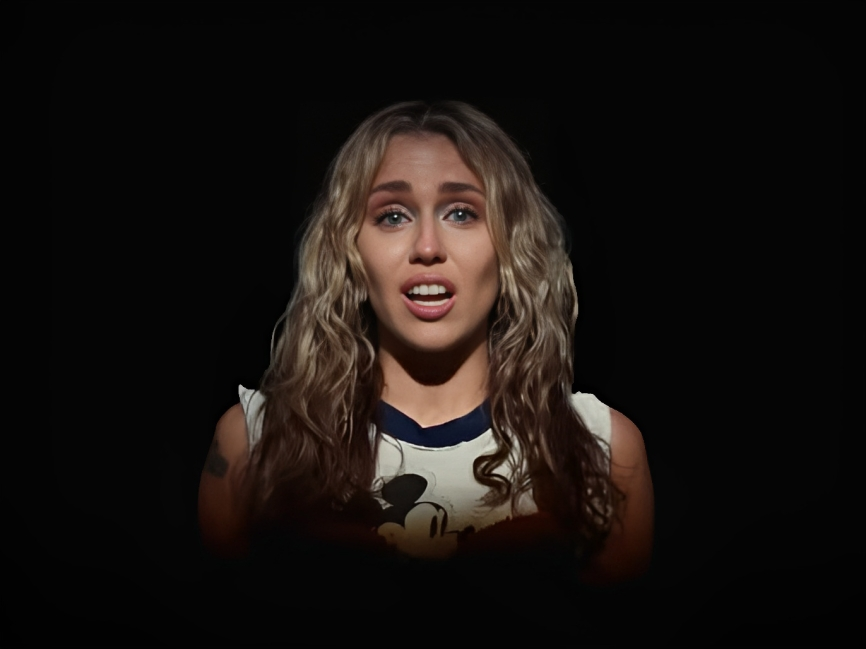
A sinister shadow lurks over child stars, well into their adulthood. Combatting cameras and public opinion from an early age, the limelight becomes blinding for many, as they lose parts of themselves amongst the deafening sound of their own music or catchphrases being played and repeated. Some stars never come home. Perhaps, that is fair. It is their journey, after all.
However, when a star decides to pick themselves up, dust themselves off, and try to journey home - no matter how long and winding the path back may be - the world is gifted with a song like Miley Cyrus' recent offering, Used To Be Young.
A ballad that doubles as an ode to growing up with a spotlight shining brightly above you, like an interrogation room bulb that hovers with the intention to paint you as the culprit, Miley owns her past mistakes, acknowledges her wildness that shook the world as she broke free of her Disney avatar, and puts forth a sense of growth with which she is learning to be comfortable.
Clad in a Mickey Mouse T-shirt under a red dress, Miley highlights the duality of her being and journey: the Disney child star who grappled with monumental fame, and her older, more evocative self who tried to break free of that very image. This symbolizes the way her inner child's growth was kept captive, for she was never allowed to simply be a teenager. After all, Miley always played a role, be that as Miley, Hannah Montana, or any other performance she's had to put on for her fans. This tender image of a teary-eyed Miley holding on to semblances of the same childhood she lost, and the childhood that paved the path towards pain and incessant public trials, is agonizing to its very core.
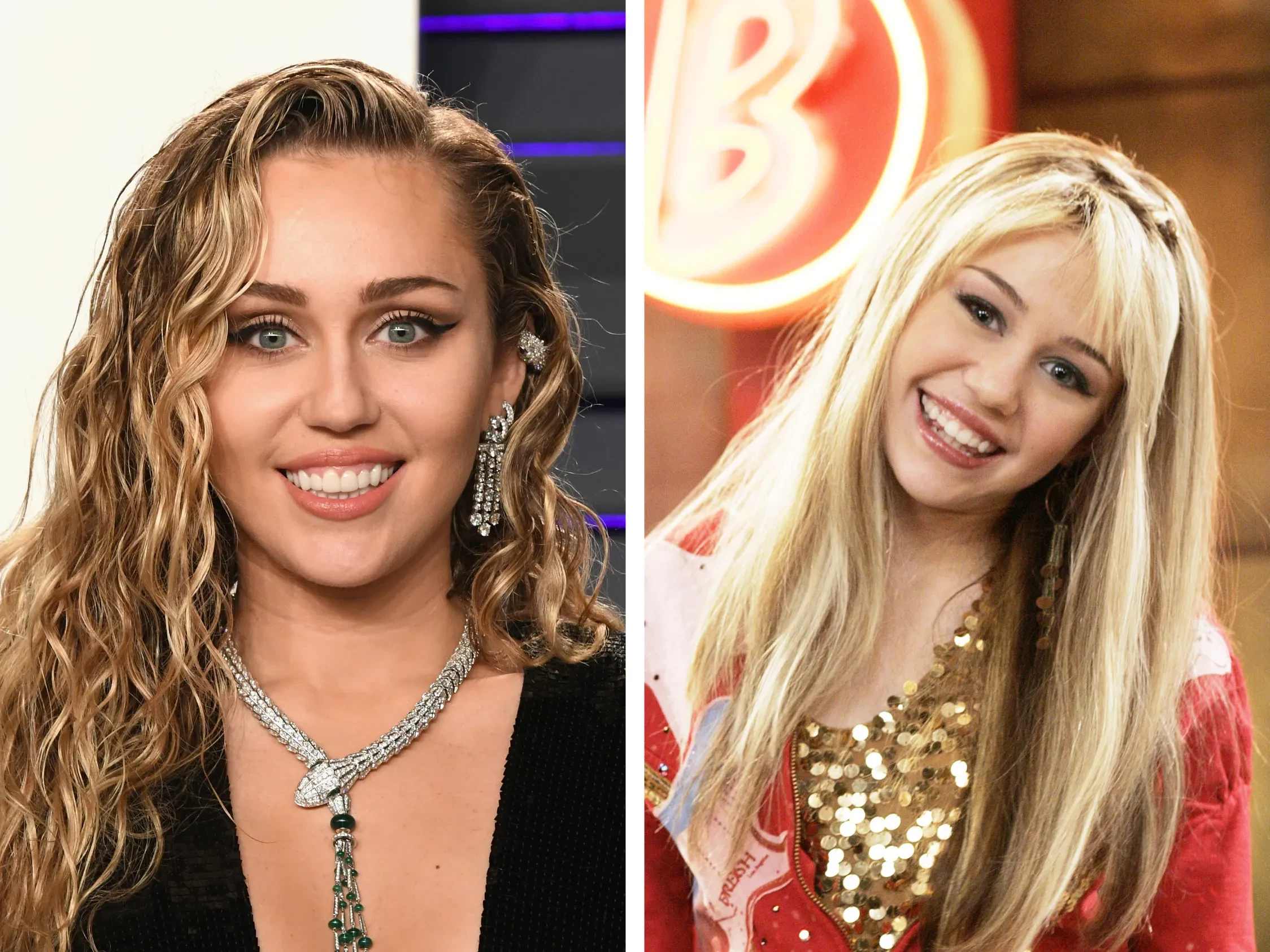
"The truth is bulletproof, there's no foolin' you/I don't dress the same," croons Miley, staring directly into the camera, fully aware that the audience consists of her fans, but also disgruntled former supporters, naysayers, and critics. "Me and who you say I was yesterday/Have gone our separate ways," she continues. Miley was never truly Hannah - it was a character that she played that struck a chord with countless young girls.
However, Miley was never truly Miley either when she was growing up. When she took back her sense of agency and expressed herself in bold, in-your-face ways, she was shunned, judged, ridiculed, and relentlessly bullied. The person Miley was is no longer someone available for public consumption, and she ensures that she drives that message home. However, one can presume that while she and the person she was may have diverged in terms of paths, she keeps that part of herself close to her chest.
"Left my livin' fast somewhere in the past/'Cause that's for chasin' cars/Turns out open bars lead to broken hearts/And goin' way too far," sings Miley, as the tears continue to flow. It feels like a confession - a private conversation between Miley and the listener - where she is absolving herself of her sins by putting them out in the open. There is a latent recognition of how her lifestyle broke her heart, and from that acceptance comes the ability to yearn for growth.
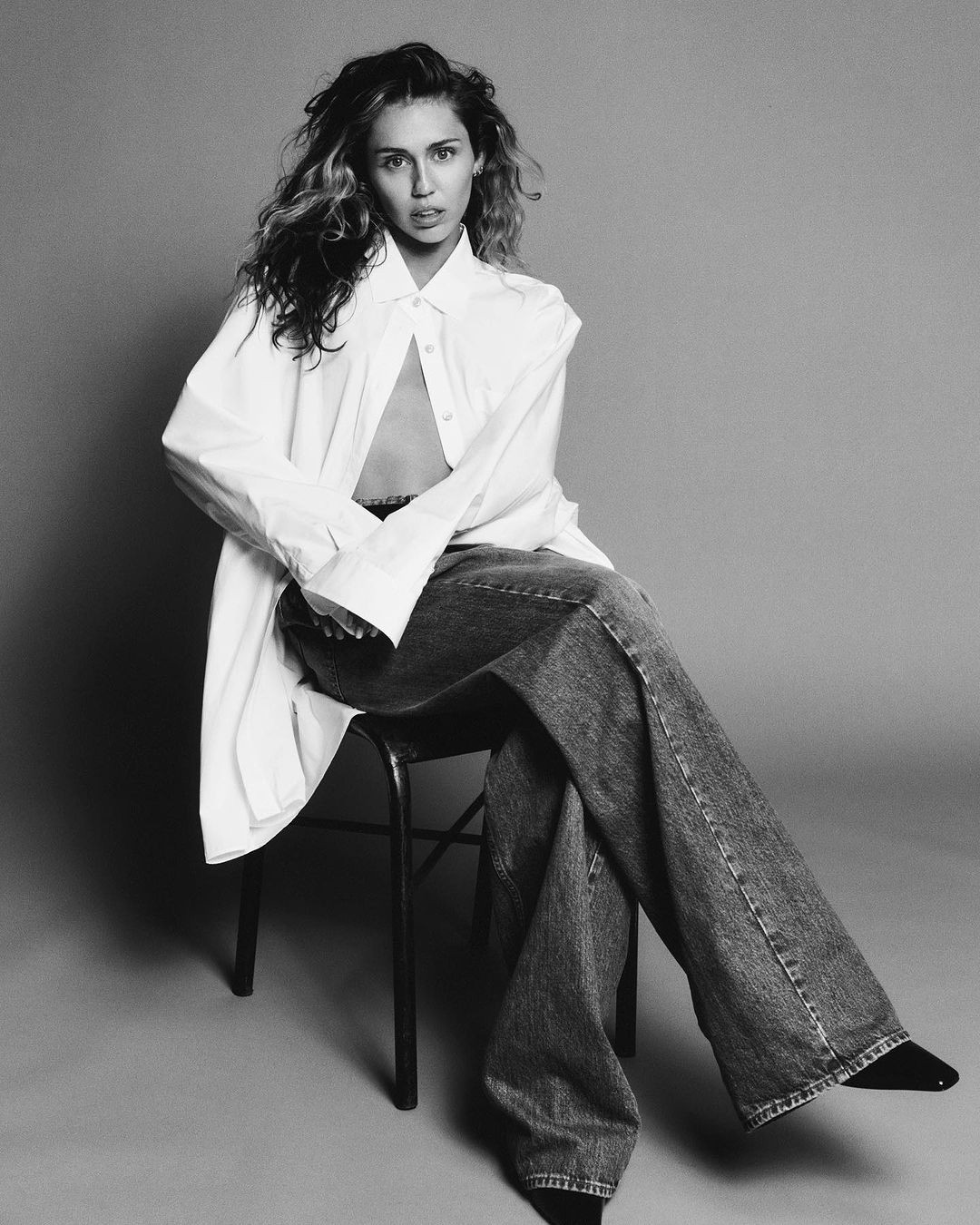
"I know I used to be crazy/I know I used to be fun/You say I used to be wild/I say I used to be young," says Miley heart wrenchingly, and something clicks. Labelled "crazy," "wild," "bold," and "provocative," not once did a large part of the audience stop and think of her as a young woman on the cusp of adulthood, doing her best with the resources she had to exist as a public figure. She admits those labels, but she puts forth her simple, yet impactful counterargument - she used to be young, and was never cut any slack for it.
"You tell me time has done changed me/That's fine, I've had a good run/I know I used to be crazy/That's 'causе I used to be young," she repeats, albeit with a slight change. She addresses the audience, that says she's changed too much or not enough. Amidst all the noise, Miley accepts that no matter how turbulent the journey, she's "had a good run." Undoubtedly, the life Miley has led has been marked by head-spinning highs and laborious lows, but she has lived life to the absolute fullest, even if the general public may frown upon her choices.
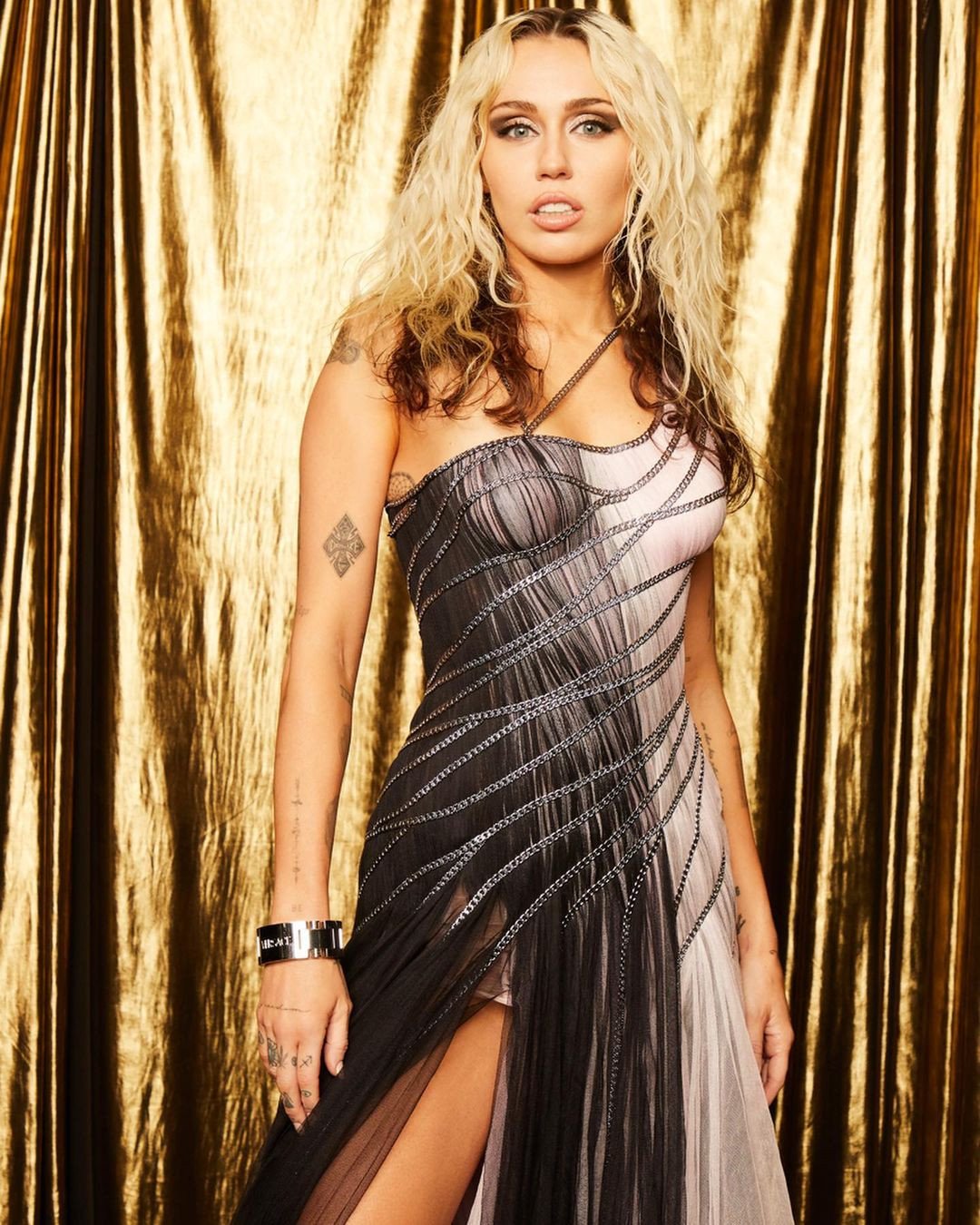
"Take onе, pour it out, it's not worth cryin' 'bout/The things you can't erase/Like tattoos and regrets, words I never meant/And ones that got away," states Miley, adding universality to her song. She sings to all those, almost in a moment of generous sisterhood, who are stuck beating themselves up for their past. She stands as a beacon of hope, implying that everything can be dealt with and healed. However, there is a sense of responsibility in her tone and a tenor of pain that underscores this statement. All can be healed in time, but all cannot be forgotten. It stays with you, and may reveal itself in conversation, memories, or even a song.
"Left my livin' fast somewhere in the past/And took another road/Turns out crowded rooms empty out as soon/There's somewhere else to go," sings the Can't Be Tamed star, shifting responsibility to the audience. Having abandoned her "fast" ways, Miley now faces once crowded rooms emptying out because "there's somewhere else to go." This signifies how swiftly people move on when an artist is no longer "interesting" enough.
With every possible word in the dictionary thrown at Miley, the audience has found newer artists to put on trial. This highlights a certain level of hypocrisy, where, to get our attention, an artist must stand out to elicit emotional responses, but the response is so largely negative that it impacts the course of the artist's life, with little to no impact on the audience.
Throughout the song, Miley's expressions go from heartbroken to apologetic to at peace - an accurate visualization of the artist's journey, marked by a dizzying array of emotions. When she sings her last, "That's 'cause I used to be young," she does so with a sense of finality. Nothing we say can impact the way she sees herself anymore, and she's better off for it. She was a young child finding her way amongst the hedonistic glitz and glamour that accompanies fame, for which she was brutally shamed, and for that, the song seems to latently convey, we owe Miley a sincere apology.
Have something to add? Share it in the comments
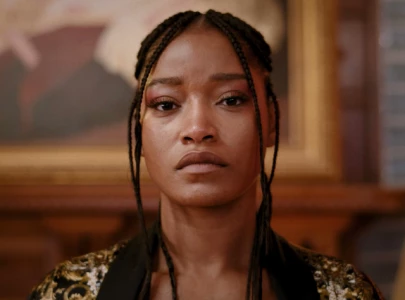

1672385156-0/Andrew-Tate-(1)1672385156-0-165x106.webp)


1719921789-0/dua-lipa-(1)1719921789-0-270x192.webp)











COMMENTS
Comments are moderated and generally will be posted if they are on-topic and not abusive.
For more information, please see our Comments FAQ